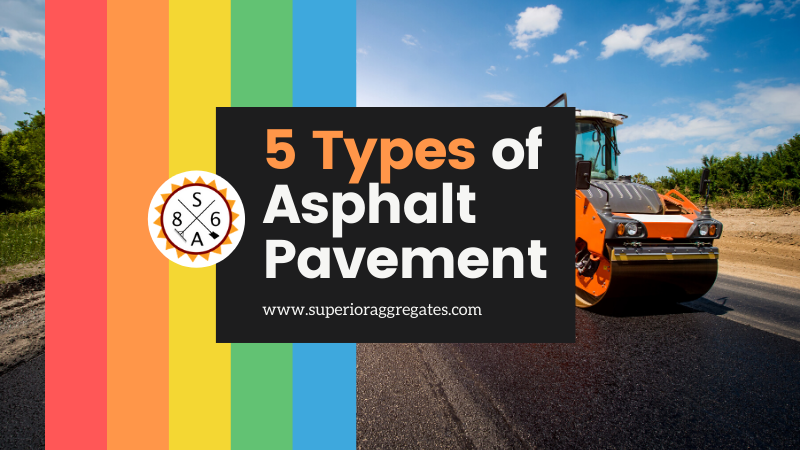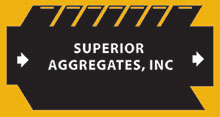
5 Types of Asphalt Pavement
Did you know that asphalt is the most reused, recycled, and most versatile pavement material? Well, 94% of the 2.6 million American paved roads are made with asphalt. It has been known to be smooth, quiet, safe, and durable.
The pavement structures can be developed in such a way that they can handle any kind of load from passengers to cars and heavy trucks. During asphalt construction, the surface mixes can be customized to reduce splash, absorb noise, and even treat rainwater.
If you are a business owner planning to take on a pavement project, here are five asphalt types that you may want to check before making a decision.
1. Porous Asphalt
The porous asphalt has been there since 1970. It is majorly used in parking lots to allow smooth drainage of rainwater after heavy rainstorms. If storm water isn’t appropriately drained and pools on an asphalt surface, it may cause other defects like potholes, which are dangerous to both pedestrians and motorists.
Porous asphalt prevents potholes and other water-related damages by offering the rainwater a channel to drain. The asphalt companywill place a layer of porous asphalt over a reservoir of the pen graded stone. This way, the water will travel through the pavement, to the stone bed, and eventually infiltrating the soil. When carefully done and maintained, porous asphalt can last over 20 years.
2. Perpetual Pavement
This is a combination of the several layers type of design process and asphalt. From that collaboration, you can tell that they’re long-lasting, smooth, and durable. The process begins by applying a base layer that is base crack-resistant, flexible, and strong enough to handle traffic tension.
The mid-layer offers structure, and the top layer provides that rut-resistant surface to give asphalt the required durability. Installing perpetual pavement is quite straightforward for any experienced asphalt company. It is fast and does not disrupt traffic. If well maintained and given that restorative care, perpetual pavements can last more than 50 years.
3. Quiet Pavement
From its name, quiet pavement is a unique type of asphalt that helps reduce traffic noise. Paving roads with asphalt reduces noise both outside and inside homes and workplaces.
The porous and the open-graded asphalts are popular quiet pavement mixtures as they dissipate the sound energy made by tires. Finely mixed asphalt mixtures can significantly reduce noise as they can decrease contact between the tire and the pavement.
4. Warm-Mix Asphalt
The warm-mix asphalt is made the same way as the hot-mix asphalt only that it is about 50 -100 degrees cooler than the hot-mix asphalt. Reducing asphalt temperature has a number of benefits, including lowering greenhouse gas production during manufacture and mixing, and also reduce fuel consumption.
Other benefits include increased production, improved long-term durability, extended paving season, and the ability to incorporate the reclaimed asphalt pavement.
5. Thin Overlays
Thin overlays reduce pavement distress, lifecycle costs, noise levels, and improves ride quality. Thin asphalt overlays were the most commonly used in preventative maintenance treatments according to a 1999 survey by AASHTO. They provide functional improvements that increase smoothness and safety.
However, it is essential for a business owner to understand that thin overlays aren’t appropriate for all pavements. You may need to carefully examine the existing pavement to determine the functional, structural, and drainage conditions of that pavement.
